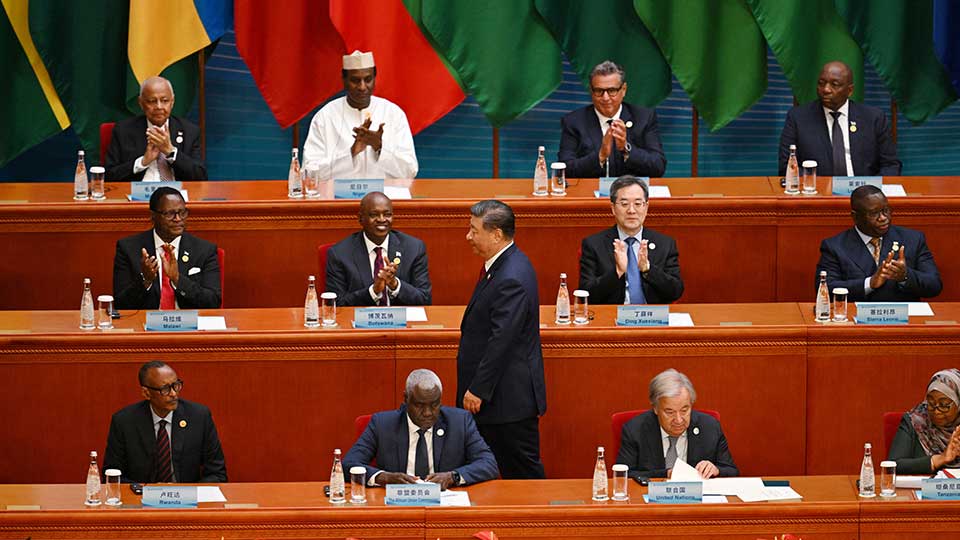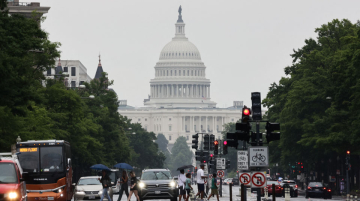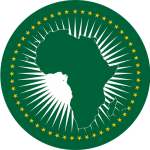
By Lukas Fiala
Studying Chinese foreign policy means grappling with China’s sometimes ambiguous but nevertheless intriguing foreign policy rhetoric. China’s multi-tiered partnership framework is a case in point. Last year, I wrote about this very subject, arguing that China’s partnerships are based on a relational logic of diplomacy and that their ambiguity can sometimes be beneficial for Beijing, especially when trying to keep partners at arm’s length in situations where China may not want to become more involved.
However, with Xi Jinping’s proposal at the latest Forum on China-Africa Cooperation (FOCAC) to upgrade the continent’s relationship with China to the level of a strategic partnership, it’s worth reviewing how China’s diplomatic framework is changing.
In an excellent primer on the topic written for the Jamestown Foundation, Analyst Jacob Mardell argues that a shift towards “all-weather” (全天侯) partnerships heralds a departure from previous concepts such as “comprehensive” and “strategic” partnerships. Added more recently to China’s relationships with 30 African countries as well as other key partners such as Kazakhstan, “all-weather” was first used to describe China’s relationship with Pakistan. Only from 2019 onwards did China expand this category to countries such as Belarus (2022), Venezuela and Ethiopia (2023), and Uzbekistan and Hungary (2024).
Furthermore, Mardell shows how recent partnership upgrades have also featured references to the “community of common destiny” or “shared future” (人类命运共同体) and the words “new era” (新时代). Both are associated with Xi Jinping’s signature foreign policy vocabulary. Indeed, according to the CPC’s official nomenclature, the “new era” began with the 18th Party Congress in 2012, when Xi became General Secretary of the Communist Party.
As is frequently the case with Chinese diplomatic rhetoric, the precise meaning of these terms is not universally fixed. Instead, they may acquire contextual significance. This was the case, for instance, when only Pakistan was designated an “all-weather” partner, reflecting the extensive cooperation across economic, security, and diplomatic engagements between Beijing and Islamabad.
The broadening of this category beyond Pakistan, however, suggests that Beijing sees value in reframing its relationships with countries that it deems strategically important. At FOCAC, for instance, both sides agreed to describe the relationship between Africa and China with the terms “all-weather” and “new era.” This continental-level upgrade demonstrates China’s ambition to foster coalitions across the Global South in the context of competition with the United States, with Beijing trying to adapt its official rhetoric to give voice to an alternative to the Western-led global order.
The key question is whether governments across the Global South – and Africa in particular – will buy into this rhetoric. Many will likely find alternative visions of global governance – especially those that emancipate non-Western voices – appealing.
At the same time, however, they may look for clearer signs about what Beijing’s new-found vocabulary actually means in terms of concrete commitments to economic and security cooperation, among others. Such links will have to be assessed on a case-by-case basis.
Nevertheless, it seems clear that Beijing is bolstering its bid for leadership in the twenty-first century with a changing array of diplomatic concepts that enshrine an increasingly competitive co-existence with the U.S. and Western-led international order.
Lukas Fiala is the project head of China Foresight at LSEIDEAS.









